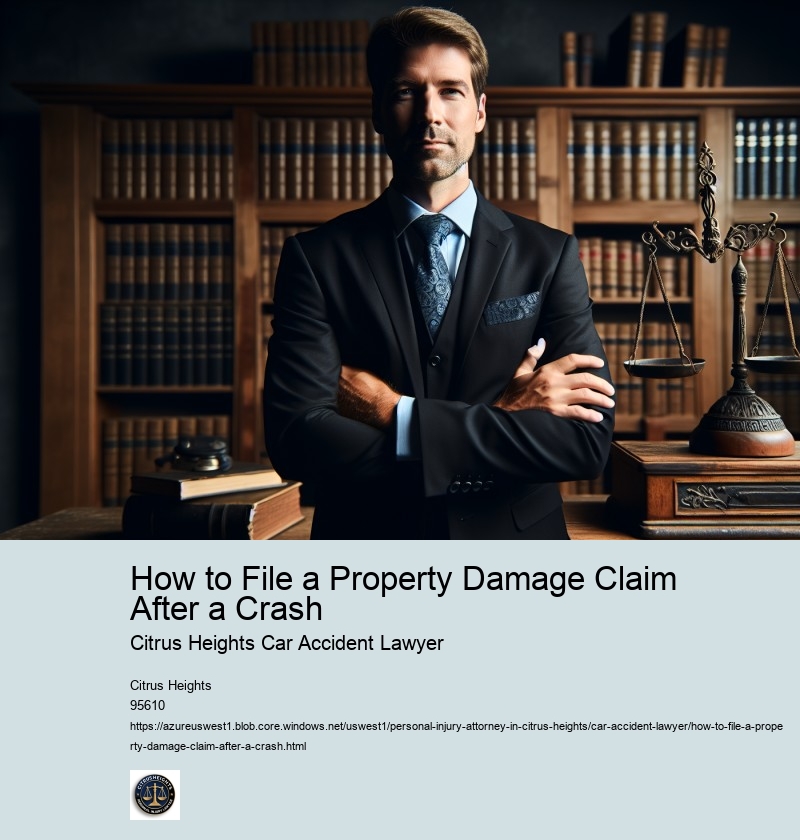How to File a Property Damage Claim After a Crash
confidence

We offer 24/7 legal help, match you with a Citrus Heights car accident lawyer, and only work with attorneys who operate on a no win, no fee basis. If you’ve been hurt in a car accident, speaking with a personal injury attorney in Citrus Heights can help you understand your legal options and pursue fair compensation.. Choosing the right car accident lawyer is important. Your attorney will calculate a fair claim amount based on your recovery time, treatment needs, and long-term effects. In cases involving phone use or other distractions, distracted driving accident claims may require phone records, surveillance footage, and witness statements. We support all common case types. For the families of those who did not survive an accident, a fatal car accident lawyer in Citrus Heights offers wrongful death claim representation.
If the driver was intoxicated, a drunk driving accident lawyer in Citrus Heights ensures the necessary evidence-such as breathalyzer results or police reports-is part of your case.
How to File a Property Damage Claim After a Crash - semi-trailer truck
- corporate liability
- personal protective equipment
- scenario
- property damage
- knowledge
- legal advice
How to File a Property Damage Claim After a Crash - matter
- advocacy
- evaluation
- Rancho Cucamonga
- vehicle
- verdict
- testimony
When you speak with a Citrus Heights car accident lawyer, you're not paying for legal advice out of pocket. Some claims resolve in weeks; others take several months. This is especially important when evidence is disputed or when insurance companies attempt to shift blame. You'll be connected to a Citrus Heights car accident lawyer who works on a no win, no fee basis, understands your type of case, and is ready to help you take the next step. There's no retainer, no hourly billing, and no upfront cost.
How to File a Property Damage Claim After a Crash - confidence
- advocate
- intersection
- HIV/AIDS
- safety
- San Joaquin County
Your attorney will keep you updated, advise you on when to settle or pursue litigation, and manage every step from claim filing to resolution. The sooner you reach out, the sooner a lawyer can start protecting your claim, gathering facts, and making sure nothing important is missed. If a teen driver is involved, teen driver accident representation is available to address unique issues like liability coverage and driver inexperience. With a 100% Free Case Review for Car Accidents, there is no reason to delay seeking legal guidance. You don't need to navigate the process alone.
How to File a Property Damage Claim After a Crash - Sunnyvale
- confidence
- semi-trailer truck
- matter
- Sunnyvale
- all rights reserved
- justice